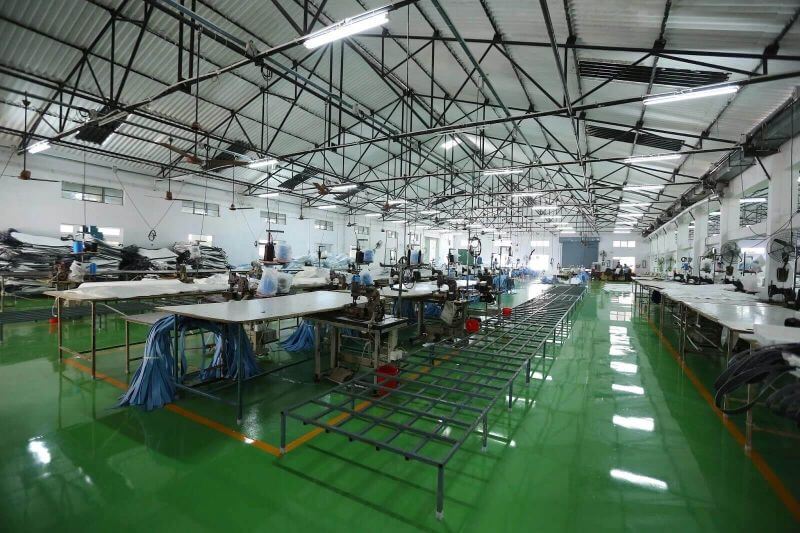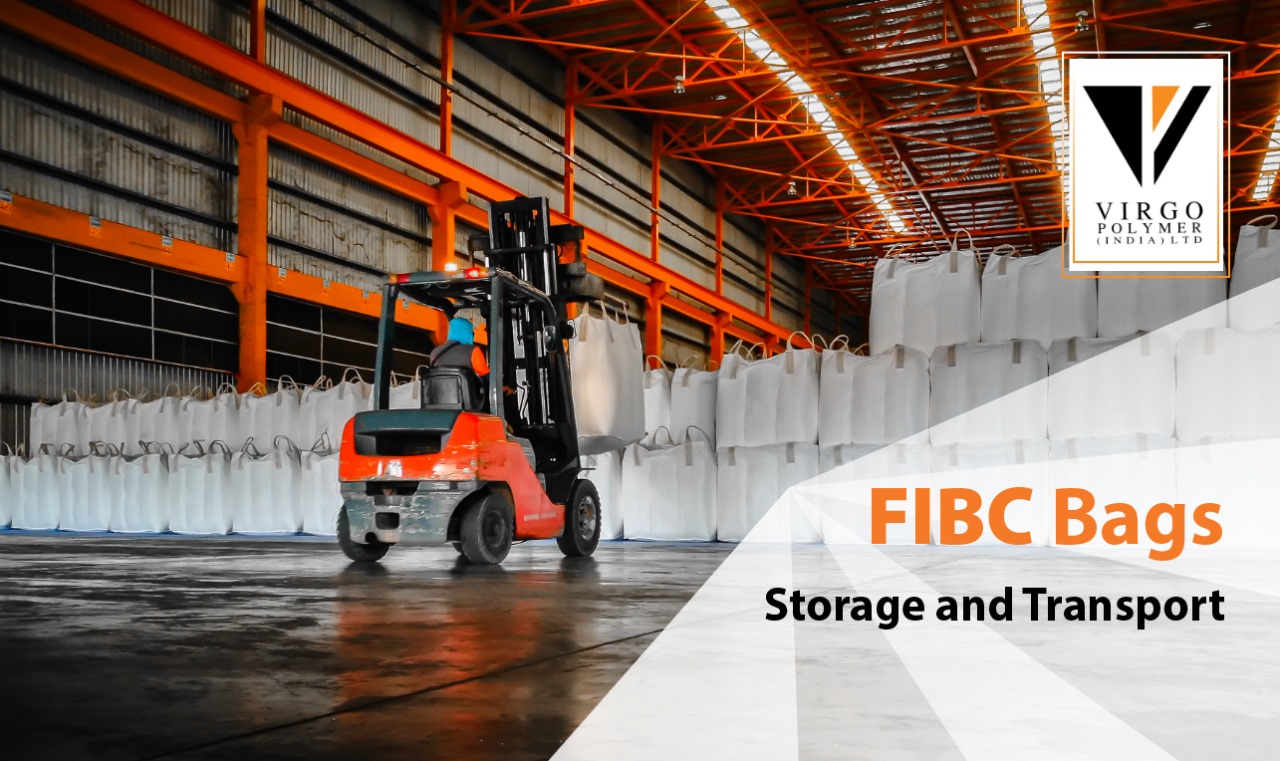



The monsoon season in India brings with it a refreshing change and much-needed relief from the scorching summer heat. But while the rains are a boon for our fields and gardens, they can pose challenges for storing industrial materials, especially those stored in FIBC (Flexible Intermediate Bulk Container) bags. Whether you're storing agricultural products, chemicals, or construction materials, protecting your FIBC bags from the moisture and humidity of the monsoon is crucial to maintaining the integrity of both the bags and their contents.
Here are some top tips to ensure your FIBC bags are stored safely and efficiently during the rainy season.
1. Choose the Right Location
The first step in ensuring your FIBC bags are safe during the monsoon is to store them in a location that is dry and well-ventilated. If possible, keep the bags indoors, away from direct exposure to rain and dampness. An ideal storage space would be a warehouse or storage unit that is elevated from the ground and has a solid roof to prevent water seepage. If indoor storage isn’t an option, consider setting up a temporary shelter using tarpaulin or other waterproof materials.
2. Use Pallets to Elevate the Bags
Storing FIBC bags directly on the ground during the monsoon is a recipe for disaster. The ground can become damp or even waterlogged, leading to moisture seeping into the bags. To prevent this, always store your FIBC bags on pallets. This simple step ensures that your bags are elevated above any potential water pooling on the ground, keeping them dry and protected.
3. Ensure Proper Ventilation
While it might be tempting to seal off your storage area completely to keep out moisture, this can actually cause more harm than good. Proper ventilation is key to preventing the build-up of humidity, which can be just as damaging as direct exposure to rain. Make sure your storage area has adequate airflow to keep the environment dry. If necessary, use dehumidifiers or moisture-absorbing materials like silica gel to reduce humidity levels.
4. Cover the Bags with Waterproof Tarpaulin
Even if your FIBC bags are stored indoors, covering them with a waterproof tarpaulin adds an extra layer of protection against moisture. This is particularly important if your storage space isn’t completely sealed or if there’s a risk of leaks. A good quality tarpaulin will shield your bags from any stray water droplets, keeping the contents dry and safe.
5. Regularly Inspect the Storage Area
The monsoon season is unpredictable, and what might seem like a secure storage solution today could become compromised tomorrow. Regularly inspect your storage area for any signs of water seepage, dampness, or mould growth. If you notice any issues, take immediate action to rectify them. This might mean moving the bags to a drier area or reinforcing your protective coverings.
6. Avoid Over-Stacking the Bags
During the monsoon, it’s important to avoid over-stacking your FIBC bags. Excessive stacking can lead to the bags compressing each other, which may cause damage to the bags, especially if they are exposed to moisture. Instead, store the bags in a way that allows easy access and minimises pressure on the lower bags.
7. Label and Rotate the Bags
Finally, it’s a good practice to label your FIBC bags with the date of storage and their contents. This helps in easily identifying the bags and ensuring that the older bags are used first, reducing the risk of damage from prolonged storage. Regularly rotating your stock also ensures that no bags are left to deteriorate at the bottom of the stack.
Storing FIBC bags during the monsoon season requires careful planning and regular maintenance. By choosing the right storage location, using pallets, ensuring proper ventilation, and taking other protective measures, you can safeguard your valuable materials from the damaging effects of moisture and humidity. With these tips in mind, you’ll be well-prepared to keep your FIBC bags—and their contents—in top condition throughout the rainy season.
